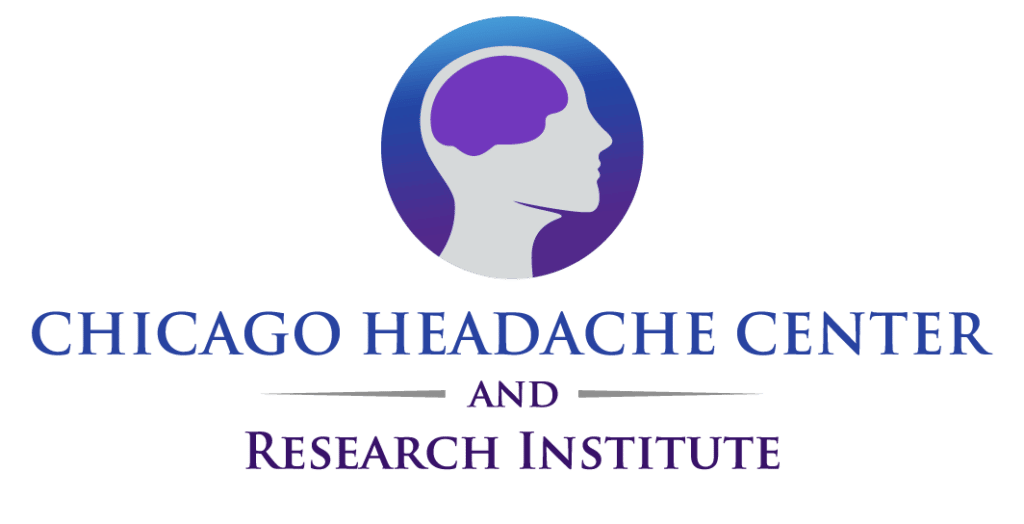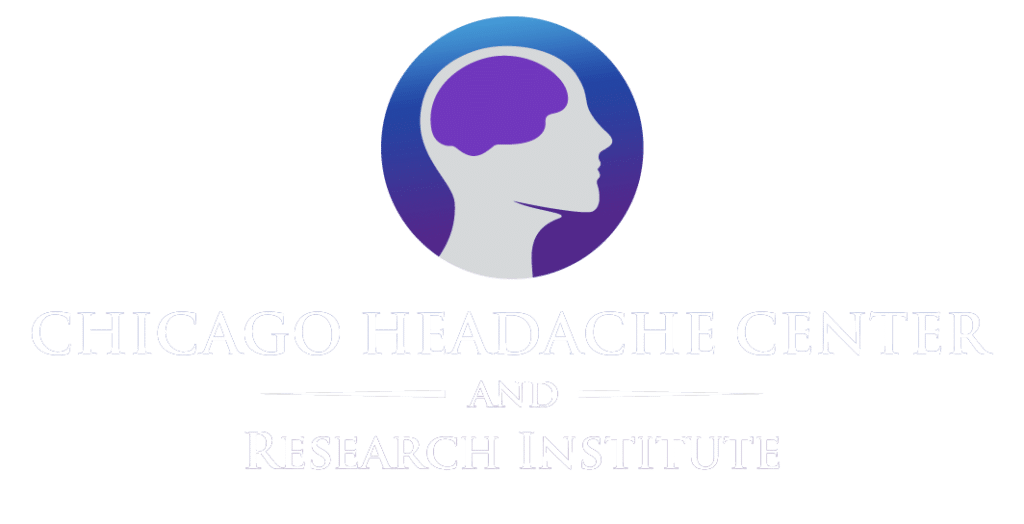Frequently Asked Questions
Have questions about everything headache related or just want to learn more? Check out answers to our most common questions below. If we missed something don’t hesitate to give us a call, we’re always more than happy to help!
Since every person’s headache condition is unique, it is difficult to say how long it will be before you start to get the relief you need. In the case of migraine, for example, we usually don’t speak about management in terms of a cure per se, but rather helping the person to manage the condition to the point they are able to function in their lives without having to fear the next headache or migraine attack.
While over the counter medications can sometimes be helpful at alleviating the pain of a headache or migraine attack, these medications can carry certain risks, especially if they are taken frequently or without the supervision of a health care provider.
When certain medications are taken too frequently, for example, this can lead to a condition known as medication overuse headache, which actually leads to more frequent and severe episodes of headache and migraine. There are also certain health conditions in which a person should not take various over the counter medications for headache.
Even though the medications are over the counter, it is a good idea to use them after discussing them with a health care provider.
Yes children can and do get headaches. At the Chicago Headache Center & Research Institute we see people of all ages, including children. Migraine is often seen in children, and there are various treatments which are particularly effective in children with headache and migraine.
While there are over 150 different types of headaches, the most common headache is tension-type headache. In clinical practice the most common headache condition we see is migraine.
Yes it is possible for one person to have more than one type of headache. In fact, it’s rather common for a person with migraine to also have tension-type headache.
A headache specialist who has experience and training in diagnosing and treating headache conditions is arguably the best health care provider to diagnose and treat your headache.
If you have a new headache or a change in the usual pattern of your headache, or if your headache is interfering with your ability to function at home, at work, or at school, then you should see a healthcare provider to discuss your headache.
Certain headache conditions are hereditary, which means they can be passed from one generation to the next. In the case of migraine, for example, we know there is a genetic component to the condition. Many times a parent who has migraine will have a child who also has migraine, although the characteristics of the child’s migraine attacks may be different from that of the parent.
Changes in weather can be a significant trigger for headaches including migraine.
Headaches are best diagnosed with a thorough history, which includes an interview with a healthcare provider who is trained to ask specific questions to help uncover the type headache you are experiencing, a physical exam, and – in some cases – imaging such as a CT scan or MRI if necessary.
Common headache triggers are menstrual periods in females, weather changes, stress, lack of sleep, and certain foods such as chocolate.
Managing stress can be an important strategy to reducing the frequency of headaches. In the case of migraine, getting regular sleep, having regular meals, and avoiding foods that tend to trigger your migraine attacks can go a long way in reducing the frequency of attacks.
Headaches often do get better over time. In the case of migraine, for example, it is expected that at various times throughout a person’s life they will have periods of time when there are more frequent attacks of migraine and periods of time when the attacks occur less frequently. Usually migraine improves significantly after menopause in females.
The prevalence of headache is thought to be 96%, meaning that 96% of people have, at some time, experienced headache. It is also estimated that 38 million Americans are living with migraine.
Yes, in some cases headaches can be dangerous. This is one of the reasons it is important to speak with a health care provider about your headache. If someone experiences the first headache of their lives, or the worst headache of their lives, they should go to the ER immediately, because such a headache can be very dangerous. Otherwise, speaking to a health care provider about your headache is the best way to determine whether or not your headache may be dangerous.










